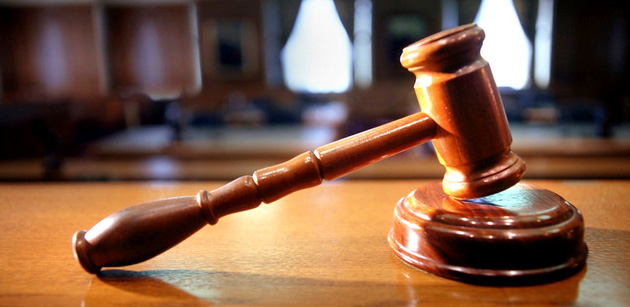Former Nairobi County Chief Finance Officer Jimmy Kiambaa’s assertion of rights violation by the anti-graft agency during the investigation of unexplained assets valued at KES 1 billion has been rejected.
Justices Imaana Laibuta, Abida Ali Aroni, and John Mativo, in their ruling, have negated Kiambaa’s appeal, stating that neither Kiambaa nor his wife Tracy Mbinya Musau, along with their companies Jimbise Limited and Muthaiga Green Acres Limited, are eligible for compensation for alleged breaches of privacy and fair trial rights.
The plea sought KES 10 million compensation from both the Ethics and Anti-Corruption Commission and the Kenya Revenue Authority. The genesis of the case stemmed from an intelligence report concerning Kiambaa received by the EACC. Subsequent investigations revealed transactions totaling KES1,057,915,456 during the period under scrutiny.
Upon receiving unsatisfactory responses to notices regarding the suspect assets, the EACC sought preservation orders through a court application to facilitate further investigation. The High Court initially granted six-month preservation orders, which were not extended upon expiration.
Additionally, the Kiambaas filed a petition citing violations and encroachments on their rights. They contended that the EACC probe utilized a repealed section and alleged significant errors in the figures, leading to an incorrect assumption of receiving substantial sums of money beyond their known income sources.
Kiambaa, also contended that the Kenya Revenue Authority’s sharing of his income, assets, and liabilities declaration forms with the Ethics and Anti-Corruption Commission (EACC) constituted a breach of his right to privacy and fair administrative action. Consequently, Kiambaa sought various declarations, including compensation for the infringement of these rights.
However, EACC refuted the allegation, asserting that its actions were authorized by law, allowing it to initiate investigations independently or in response to complaints from external parties.
Following a hearing, Justice Hedwig Ongundi determined that neither EACC nor KRA had violated the petitioners’ rights during the investigation process. Justice Ongundi also concluded that their right to a fair hearing remained intact.
Unsatisfied with the ruling, Kiambaa pursued the matter in the Court of
Appeal. Nonetheless, the appellate judges upheld Justice Ongundi’s findings, affirming that EACC’s actions were conducted in accordance with legal parameters.
“The EACC pursued legal avenues after being dissatisfied with the provided explanation, initially seeking preservation orders and subsequently initiating proceedings for asset forfeiture and recovery of unexplained assets. We concur that EACC’s actions were lawful,” declared the appellate judges.
















